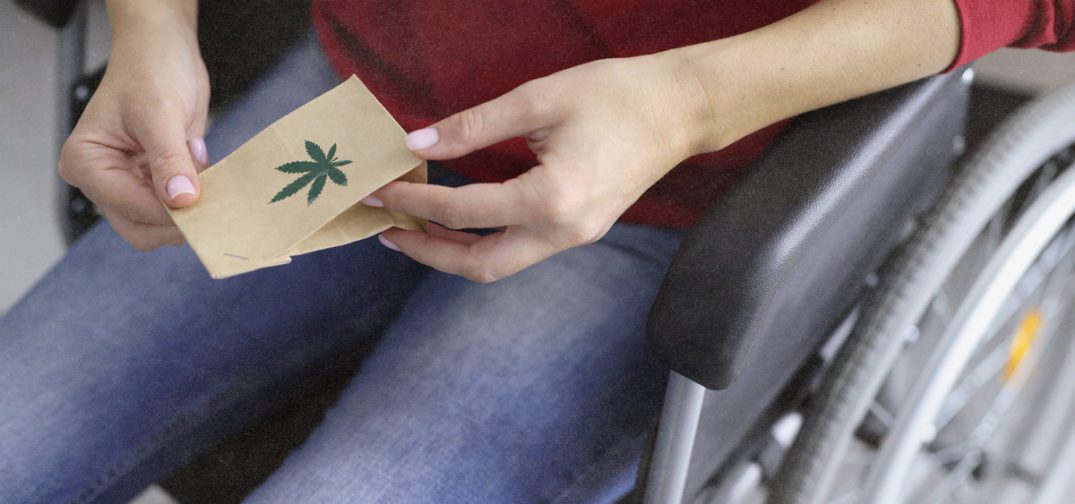A New Hampshire Supreme Court ruling could require businesses to allow cannabis use as a workplace accommodation for people with disabilities, according to a New Hampshire Business Review report. The ruling does not say that businesses must allow cannabis as an accommodation, rather cannabis should be tolerated as one of many accommodations considered.
The plaintiff in the case, Scott Paine, worked for Ride-Away as an automotive detailer. He suffered from post-traumatic stress disorder and was enrolled in the state medical cannabis program for the condition. Paine said that he was drug-tested regularly at Ride-Away and requested an exception from the company’s drug-testing protocol. His request was limited to off-duty conduct only and he never requested to use cannabis or to be under the influence of it while at work, the report says. Ride-Away denied Paine’s request and ended their employment relationship, according to the lawsuit; however, the reason the request was denied was not made clear.
Paine sued for failing to accommodate treatment of his disability under New Hampshire’s anti-discrimination law while Ride-Away contested the lawsuit on the grounds that the definition of “disability” excludes the “current, illegal use of or addiction to a controlled substance as defined in the Controlled Substances Act,” according to the opinion. Because cannabis remains a federally-outlawed substance, Ride-Away argued that it had no legal obligation to accommodate Paine’s use of cannabis to treat his PTSD despite New Hampshire’s medical cannabis program.
The court disagreed and found that Paine was entitled to an interactive process and that, while illegal drug use is not a protected disability, the law does not preclude treatment of a disability with cannabis and perhaps other federally-controlled substances.
Get daily cannabis business news updates. Subscribe
End
